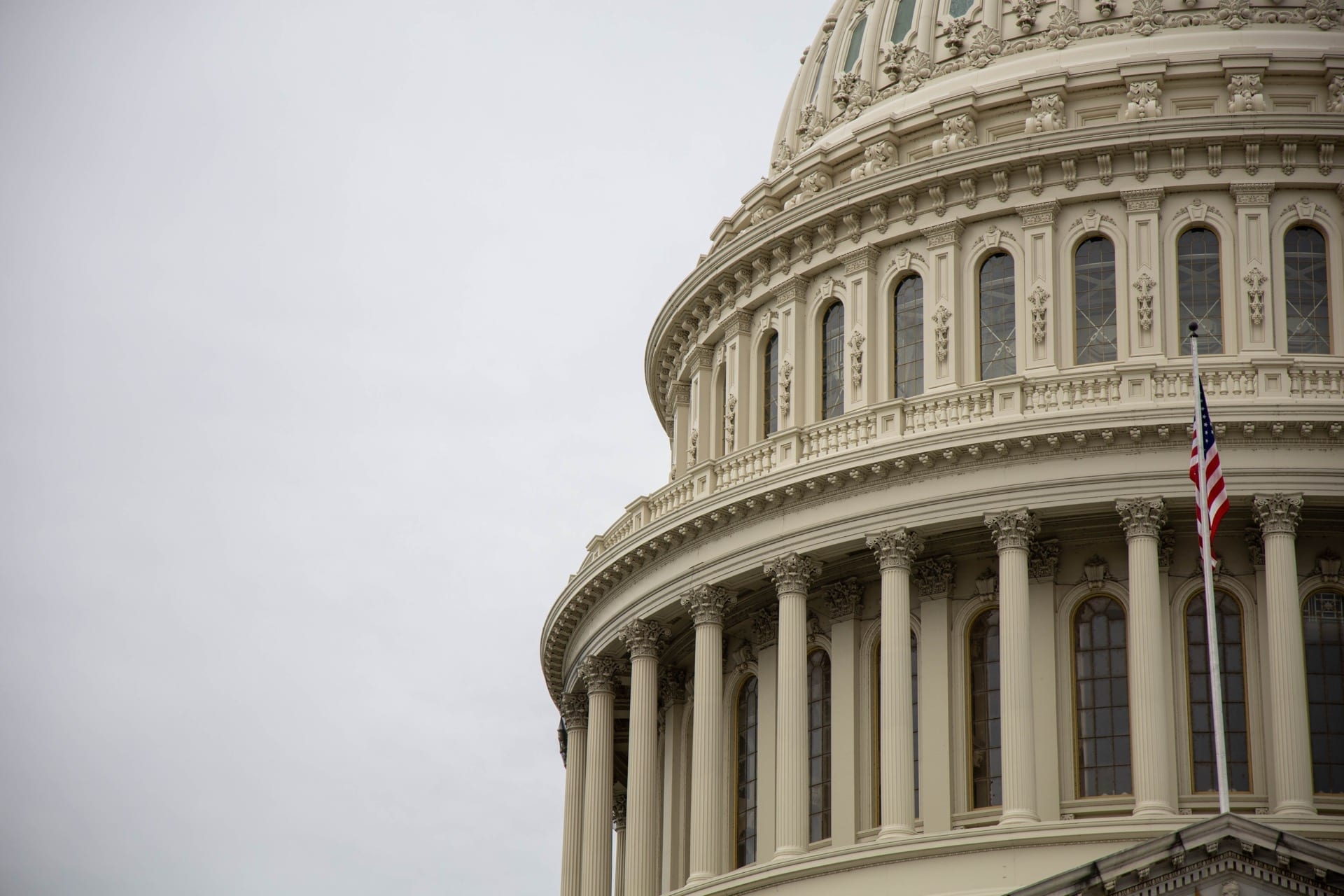Election Day was full of historic results for Barack Obama. But his performance among seniors provided one of the few lower points, as exit polls show that Obama lost to John McCain among seniors 45 to 53 percent. According to the exit polls, while Obama made gains with nearly all groups compared to John Kerry, this did not happen with seniors. They, along with gay and lesbian voters, were the big underperformers for Obama. Among seniors overall, there was no real change from 2004 to 2008. And among white seniors, Obama lost significant ground, even while he made gains among the white electorate as a whole.
In the 10 months leading up to the 2008 election, Democracy Corps conducted nearly 18,000 interviews in 16 national surveys with voters around the country. Based on a review of this extensive database, we’ve identified several key trends in the 2008 electorate that can offer guidance for progressive moving forward. In our previous reports we explored early voting and the dynamics of turnout and persuasion.
In this analysis Democracy Corps founders Stan Greenberg and James Carville, along with Al Quinlan and Liz Gerloff of Greenberg Quinlan Rosner, examine one of the few groups with which Barack Obama significantly underperformed; white seniors. Election Day was full of historic results for Barack Obama. But his performance among seniors (age 65 and over) provided one of the few lower points, as exit polls show that Obama lost to John McCain among seniors 45 to 53 percent. According to the exit polls, while Obama made gains with nearly all groups compared to John Kerry, this did not happen with seniors. They, along with gay and lesbian voters, were the big underperformers for Obama. Among seniors overall, there was no real change from 2004 to 2008. And among white seniors, Obama lost significant ground, even while he made gains among the white electorate as a whole. Obama’s struggle among white seniors appears to be more directly tied to his candidacy than to a shift within the white senior electorate.
Though Democratic presidential candidates have performed steadily worse with white seniors since 1996, Democrats actually made slight gains with this group in this year’s Congressional vote. After losing them by 12 points in 2004, Democratic congressional candidates narrowed the gap with white seniors to 9 points in 2008, according to National Election Pool exit surveys. The central reason that white seniors did not support Obama is that they feared the type of change he would bring. They remained skeptical about whose side Obama was on, distrusted him generally, and were specifically concerned about his level of experience. These feelings that held white seniors back from Obama were particularly true among white senior men and seniors without a college degree. The same things that drew millions of supporters to Obama–“his unusual background, his quick rise to power, and his message of change”–were what made white seniors nervous.
Clearly Obama won without making gains among this voting bloc, but it is important to understand why white seniors held back from a candidacy such as Obama’s.


